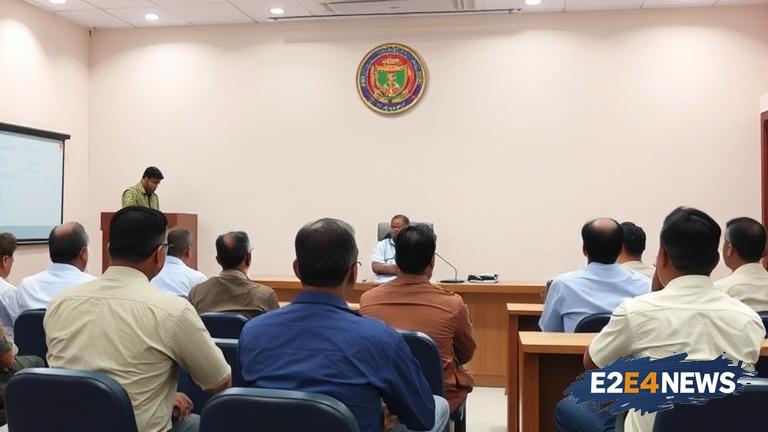The Public Utilities Commission of Sri Lanka (PUCSL) has taken swift action to investigate the recent nationwide power outage that plunged the entire country into darkness. The power outage, which occurred on a recent day, affected millions of people and caused widespread disruptions to daily life. The PUCSL, which is the regulatory body responsible for overseeing the country’s utilities sector, conducted a public hearing to gather information and evidence about the cause of the power outage. The hearing was attended by representatives from the Ceylon Electricity Board (CEB), the Ministry of Power and Energy, and other stakeholders. During the hearing, the PUCSL questioned the CEB about the circumstances leading up to the power outage and the measures that were taken to restore power. The CEB attributed the power outage to a technical fault at one of its major power plants, which caused a cascade failure of the national grid. However, the PUCSL expressed concerns about the CEB’s preparedness and response to the crisis, citing a lack of adequate backup systems and emergency protocols. The commission also raised questions about the maintenance and upkeep of the country’s power infrastructure, which has been criticized for being outdated and inefficient. The public hearing was an opportunity for the PUCSL to gather feedback from the public and to identify areas for improvement. Many members of the public who attended the hearing expressed frustration and anger about the power outage, which they said had caused them significant inconvenience and financial losses. Some also criticized the CEB for its lack of transparency and communication during the crisis. The PUCSL has promised to conduct a thorough investigation into the power outage and to take action against those responsible. The commission has also vowed to work with the CEB and other stakeholders to improve the country’s power infrastructure and to prevent similar outages from occurring in the future. The power outage has highlighted the need for urgent reforms in the country’s energy sector, which has been plagued by inefficiencies and corruption. The government has pledged to invest in new power generation capacity and to upgrade the national grid, but much work remains to be done. The PUCSL’s investigation into the power outage is a crucial step towards identifying the root causes of the problem and finding solutions. The commission’s findings and recommendations are expected to be made public in the coming weeks. In the meantime, the people of Sri Lanka remain vigilant, demanding greater accountability and transparency from their government and public utilities. The power outage has also raised concerns about the country’s economic stability and its ability to attract foreign investment. The government has assured the public that it is taking all necessary steps to prevent similar outages from occurring in the future. However, the opposition has criticized the government for its handling of the crisis, saying that it has failed to address the underlying issues in the energy sector. The power outage has also had a significant impact on the country’s environment, with many businesses and households resorting to diesel generators and other polluting sources of energy. The PUCSL’s investigation is expected to shed light on the environmental impact of the power outage and to identify ways to mitigate it. Overall, the public hearing conducted by the PUCSL is an important step towards addressing the issues that led to the nationwide power outage and towards building a more resilient and sustainable energy system for Sri Lanka.
